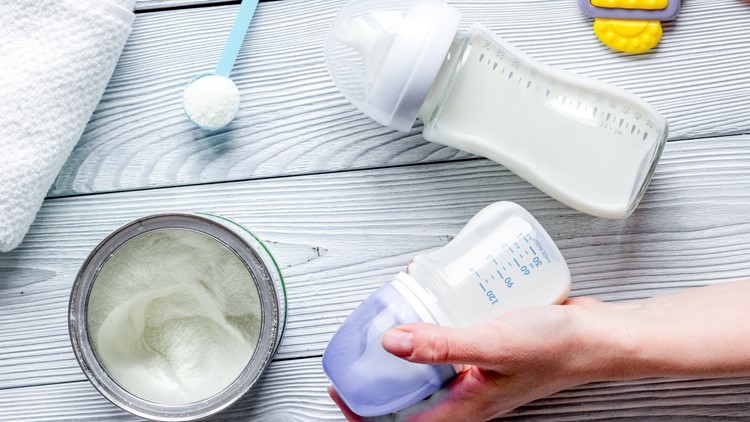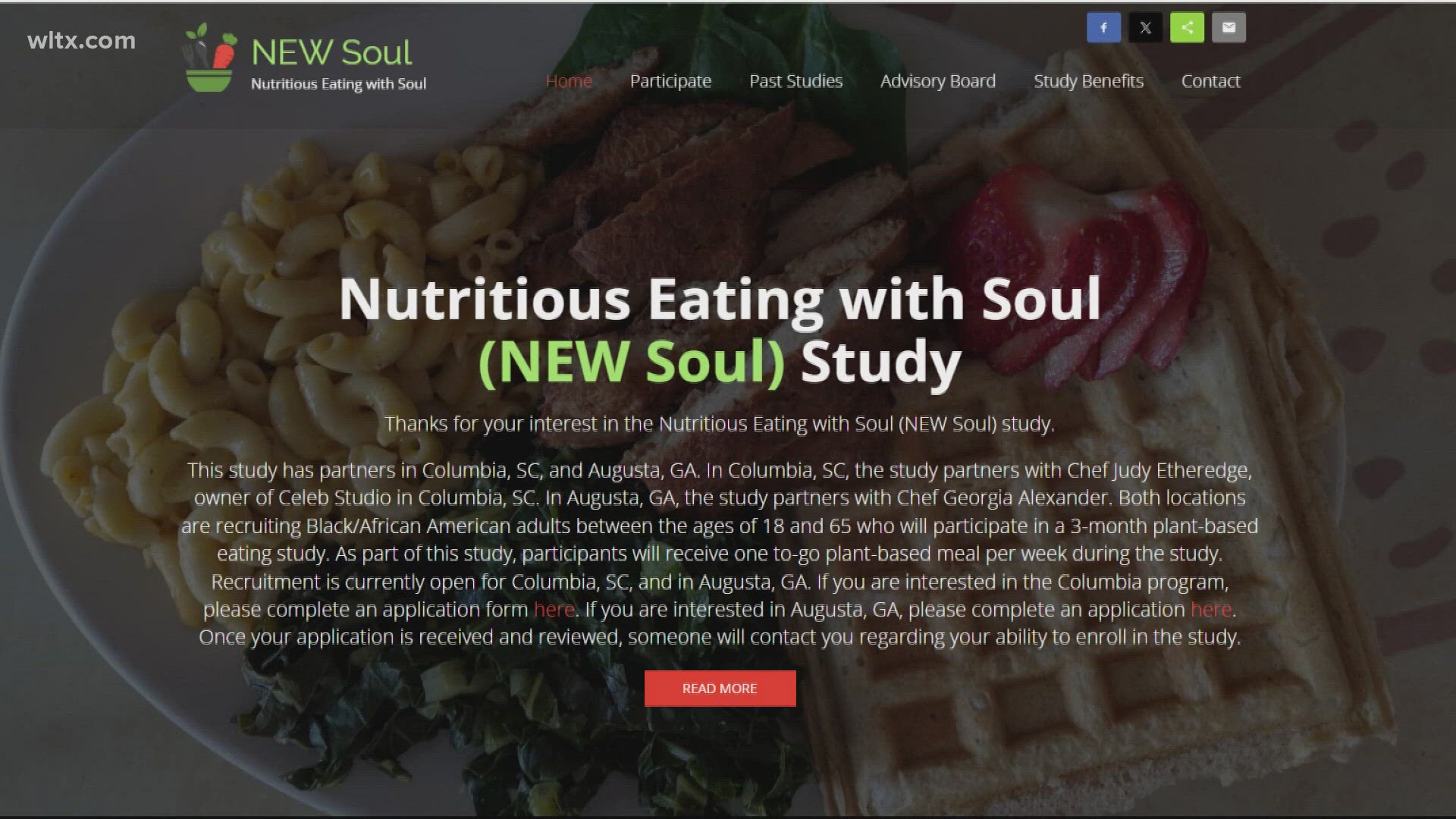WEST COLUMBIA, S.C. — Parents across the country are concerned about the limited supply of baby formula. Lauren Matthews, MD, with Lexington Pediatric Practice has advice for parents searching for formula or seeking safe alternatives to their baby's usual formula.
Q. What are some of the questions you’re receiving from parents about the formula shortage?
We are getting a lot of questions about what parents should do if they cannot find a particular formula. The good news is that most formula brands offer similar products, so there are options available.
Q. What is the key message you have for concerned parents?
Be flexible. While a particular brand you are looking for may not be available, there likely is a similar option, perhaps that is store brand, that would be ok to use. Check smaller stores and drug stores where you would not normally buy formula. They may have better options than larger retailers. Look for formula available for purchase online, but purchase from distributors and pharmacies instead of individuals or auction sites.
While the urge is to buy as much formula as possible whenever it is available, the American Academy of Pediatrics advises against this. To help ease the impact of the shortage, the AAP recommends buying no more than a two-week supply of formula.
Q. If you can’t find the formula you typically use, can you immediately switch your baby to a different brand?
The Food and Drug Administration closely regulates infant formula to control nutrient content, quality, and other things. All formulas must contain a minimum amount of 29 essential ingredients. These standards are the same for major name brand and store brands. For most babies, it is okay to switch to any available formula, including store brands, unless your baby is on a specific extensively hydrolyzed or amino acid-based formula such as Elecare for which no store brand exists In these situations, I would recommend contacting your doctor to see if any alternatives are available.
Q. What should you do if you can’t find any formula?
If you can’t find any formula, contact your doctor to see if samples may be available or if they have any recommendations for alternatives. Your local WIC (Women, Infants and Children Nutrition Program) office may also be able to suggest places to look.
Q. Why is it not safe for parents to make their own baby formula?
Although homemade recipes are circulating around on the internet and may seem like a healthy alternative to the formula shortage, the American Academy of Pediatrics recommends against the use of homemade formulas. These recipes do not meet an infant’s nutritional needs and can cause high or low levels of minerals like calcium or electrolytes like sodium. There have been reports of hospitalization and even deaths from using these recipes. Homemade formulas may also lead to risk of contamination and can cause serious infections.
Q. At what age can you give a baby cow’s milk instead of formula?
Cow’s milk can be introduced around 12 months of age.
Q. Can you give a baby almond or soy milk?
Almond or soy milk can also be introduced around 12 months of age. Milk alternatives are not recommended for children under 1 year of age with medical conditions requiring a specialized formula.
Q. Why is it not safe to add more water to formula to make it last longer?
Formula should always be mixed according to the recipe on the can provided by the manufacturer unless directed otherwise by a healthcare provider. Adding extra water to formula disturbs electrolyte and mineral balances like calcium, sodium and potassium, which can lead to major health problems and hospitalization.
Q. Can you give a baby toddler formula?
Toddler formulas contain a slightly different mix of ingredients and nutrients than infant formula typically containing more phosphorus, iron, and calcium. They are usually designed for babies nine months of age and older. If you have absolutely no other option, toddler formula may be safe for a few days for babies who are close to one year of age.
Q. What is your advice for parents who have babies with allergies or sensitivity that only allows them to use certain formulas?
For many of these patients, they are going to have fewer options available. Some parents may know the formula by the brand name like Nutramigen or Alimentum, but not realize that a store brand “extensively hydrolyzed” formula is comparable. Always call your healthcare provider to see what comparable options are available.
Q. What else is important to know?
Don’t hesitate to contact your pediatrician with questions.



